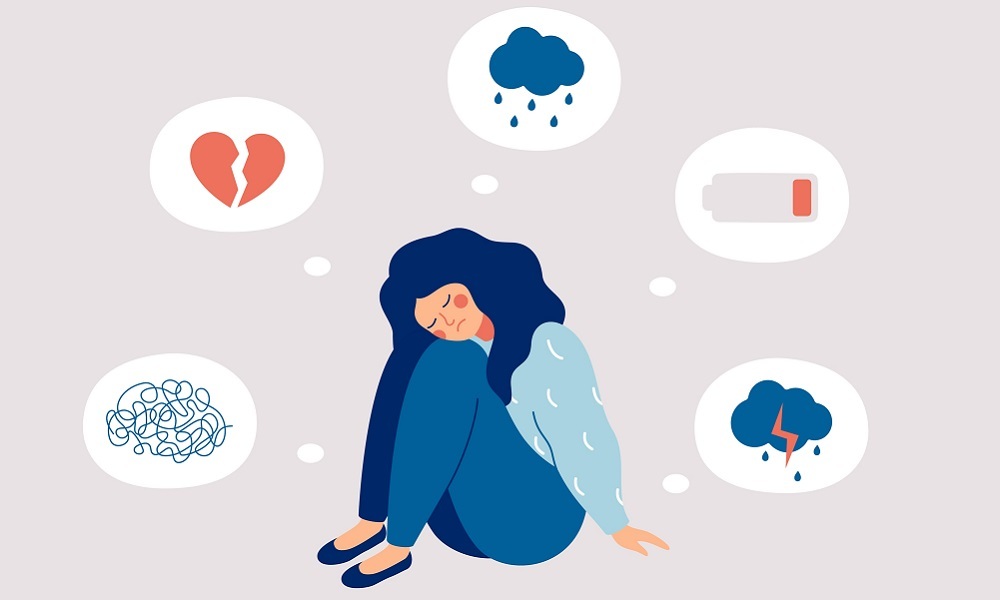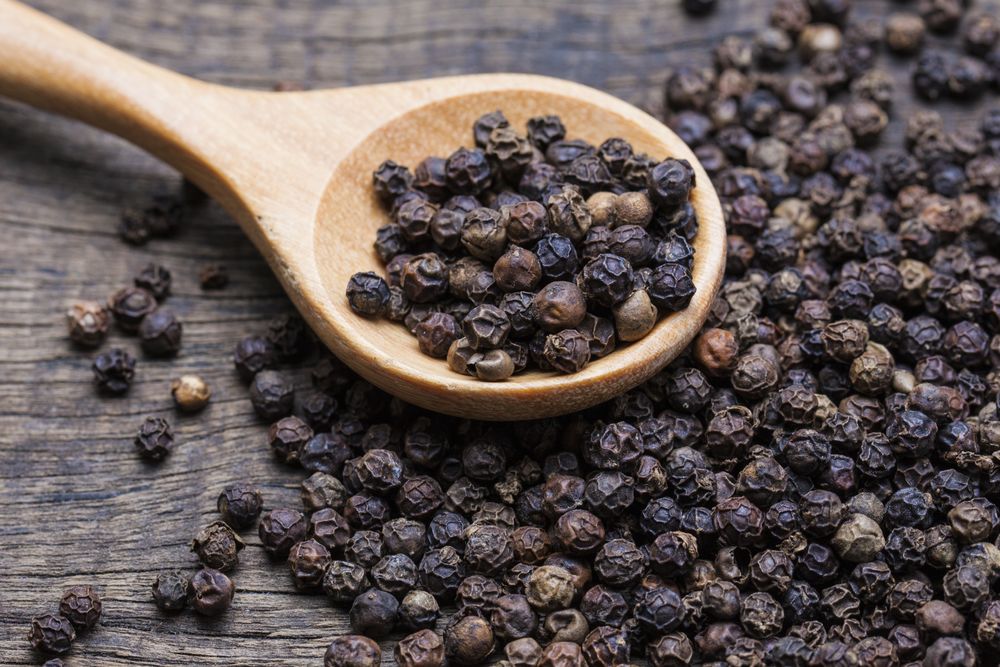Kava is a beverage or extract made from the Piper methysticum plant. In the South Pacific, it’s a popular drink that is used in ceremonies for relaxation. The name “kava” comes from the Polynesian word “awa,” which means bitter. Kava affects the brain and other parts of the central nervous system. Chemicals called kavalactones found in kava are believed to be responsible for their effects.
People commonly use kava for anxiety. It’s also used for stress, withdrawal from drugs called benzodiazepines, sleeping problems, and many other purposes, but there is no good scientific evidence to support many of these uses.
Benefits of kava:
- Can Help Decrease Anxiety
- Kava May Aid Sleep
- May help reduce the risk of cancer
- Has inflammatory properties
Side Effects:
The use of kava remains controversial. While proponents believe that kava can be safely used for the short-term treatment of anxiety, others contend that the potential risks far outweigh the benefits.
Even for short-term use, side effects like indigestion, mouth numbness, rash, headache, drowsiness, and visual disturbances are common.1 The consequences of long-term use may, in some cases, be catastrophic.
Though kava can be used safely in the short term, it has been linked to liver problems. It’s best to consult a doctor before taking kava, since it may interact with certain drugs. Certain products may also be adulterated with other parts of the plant.




